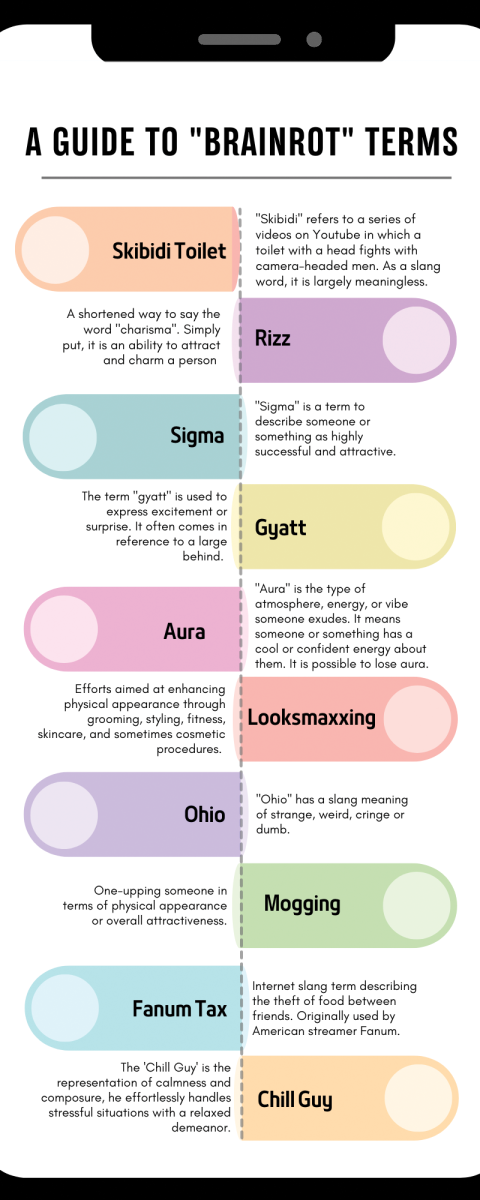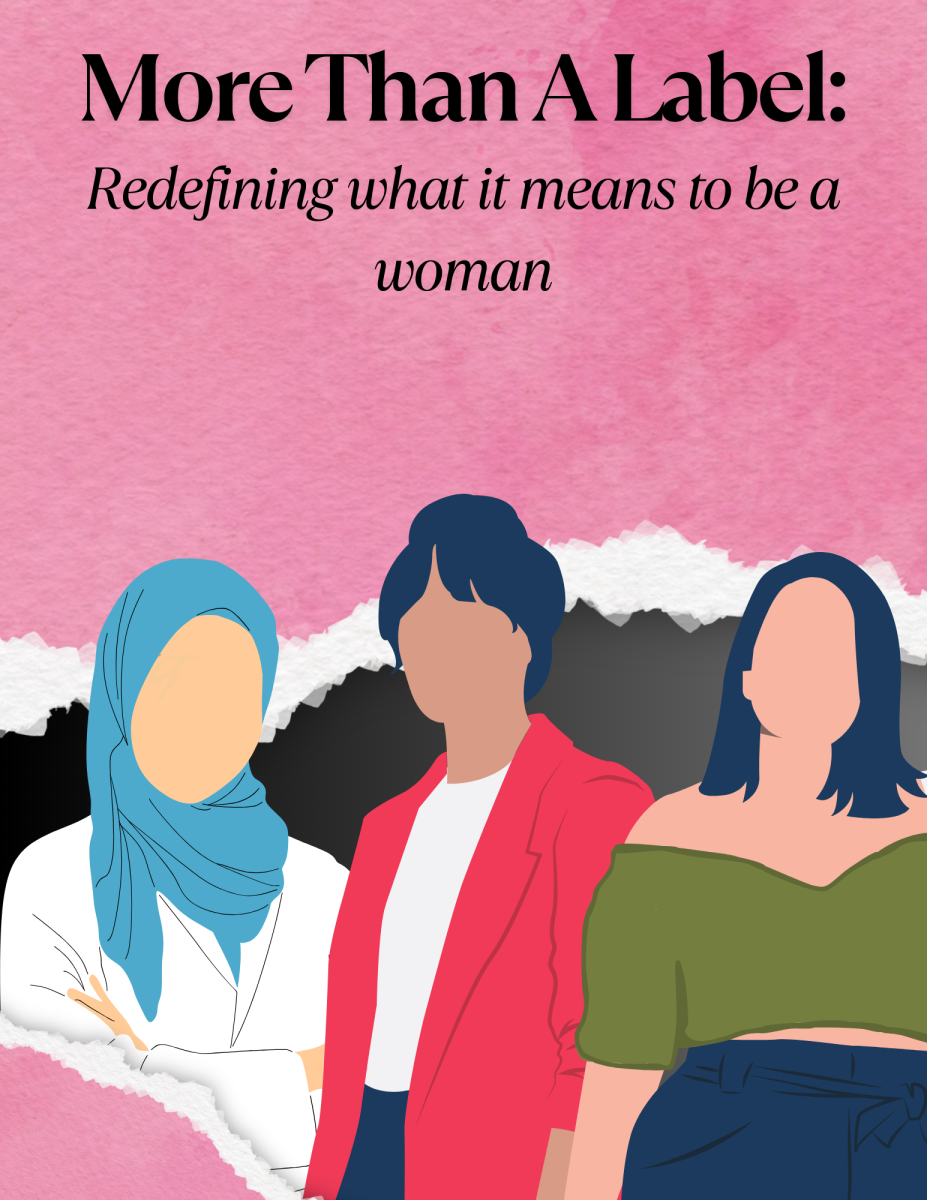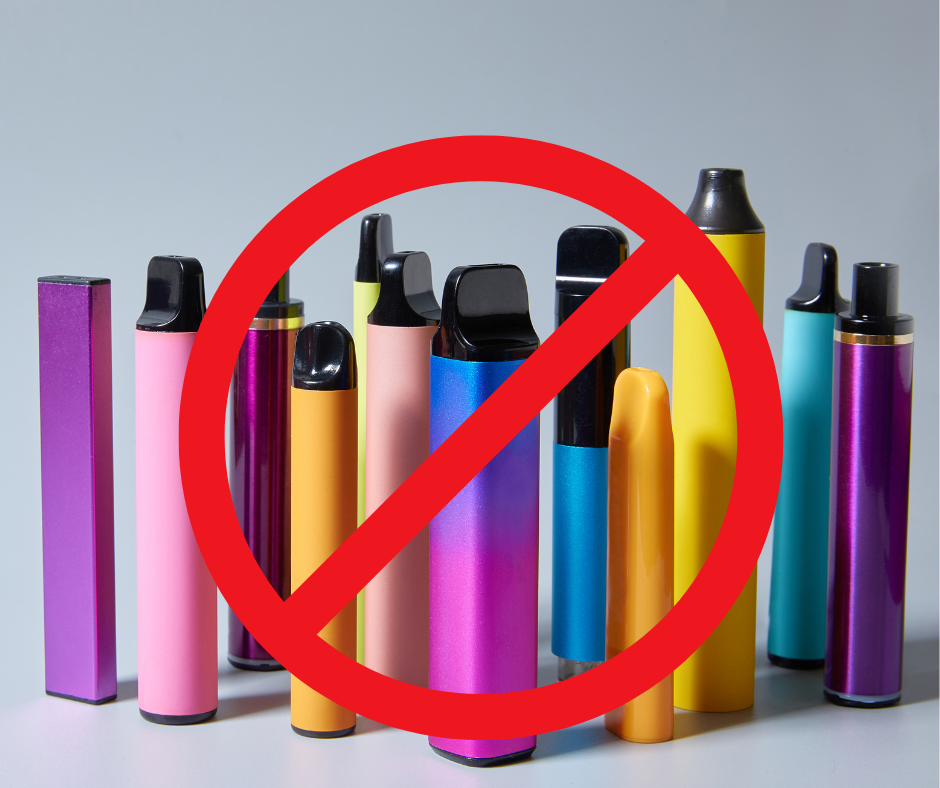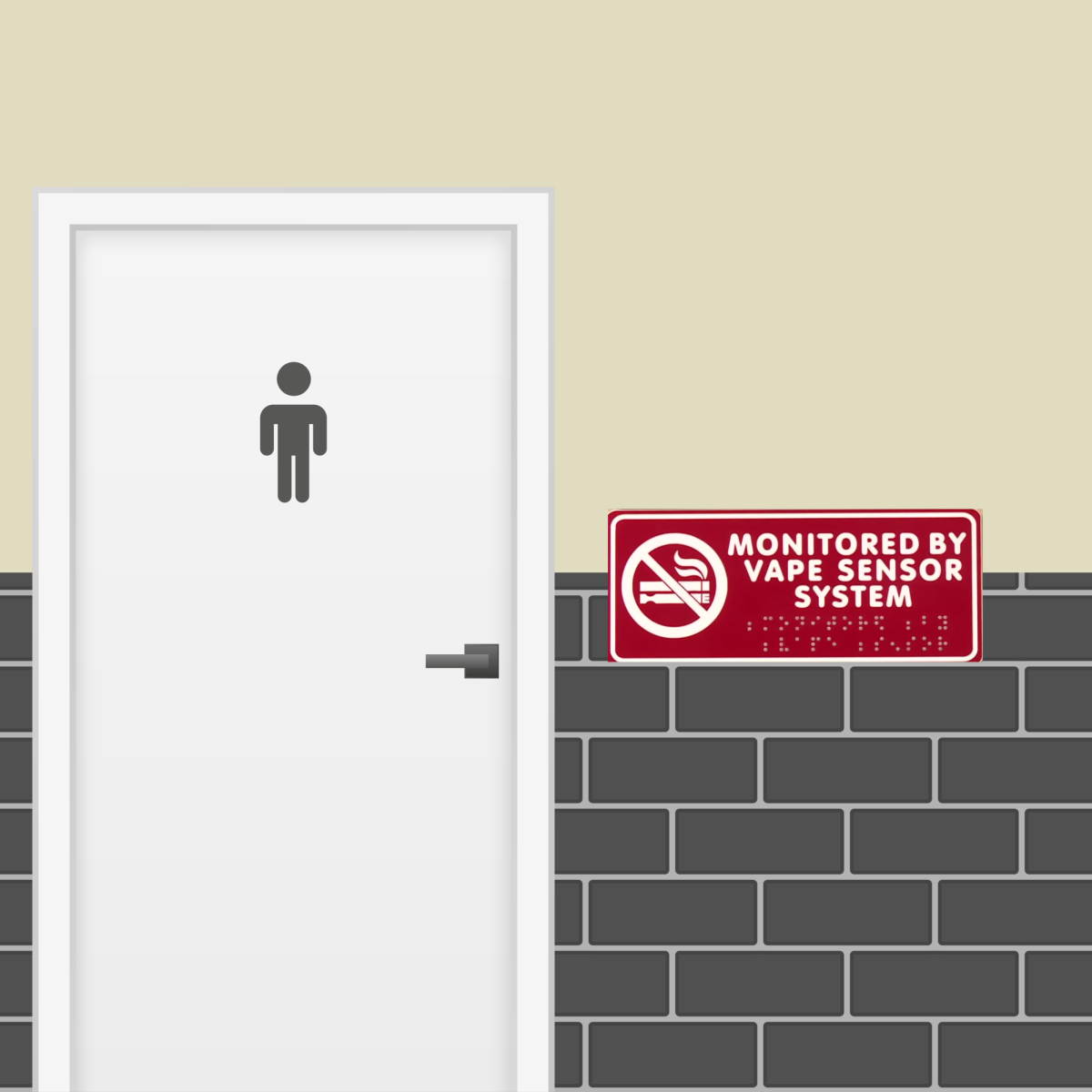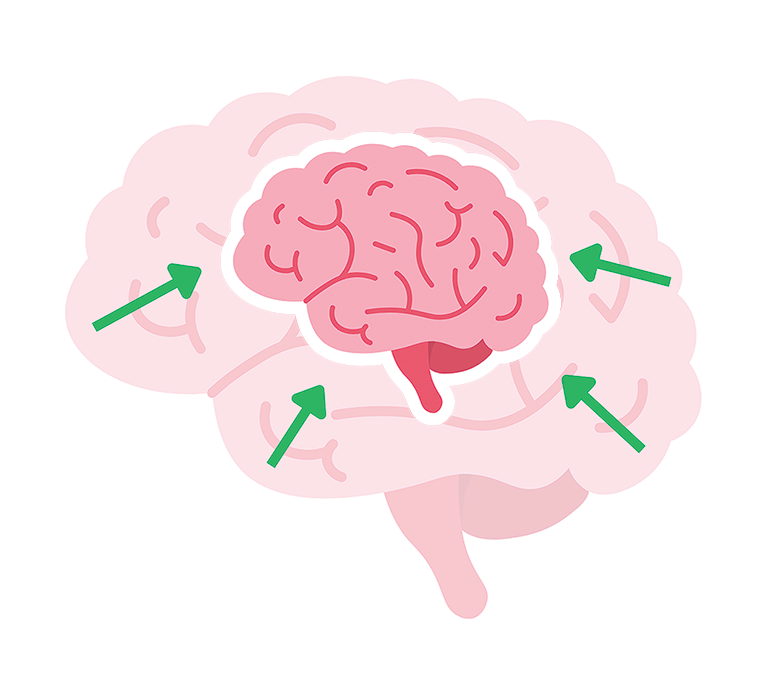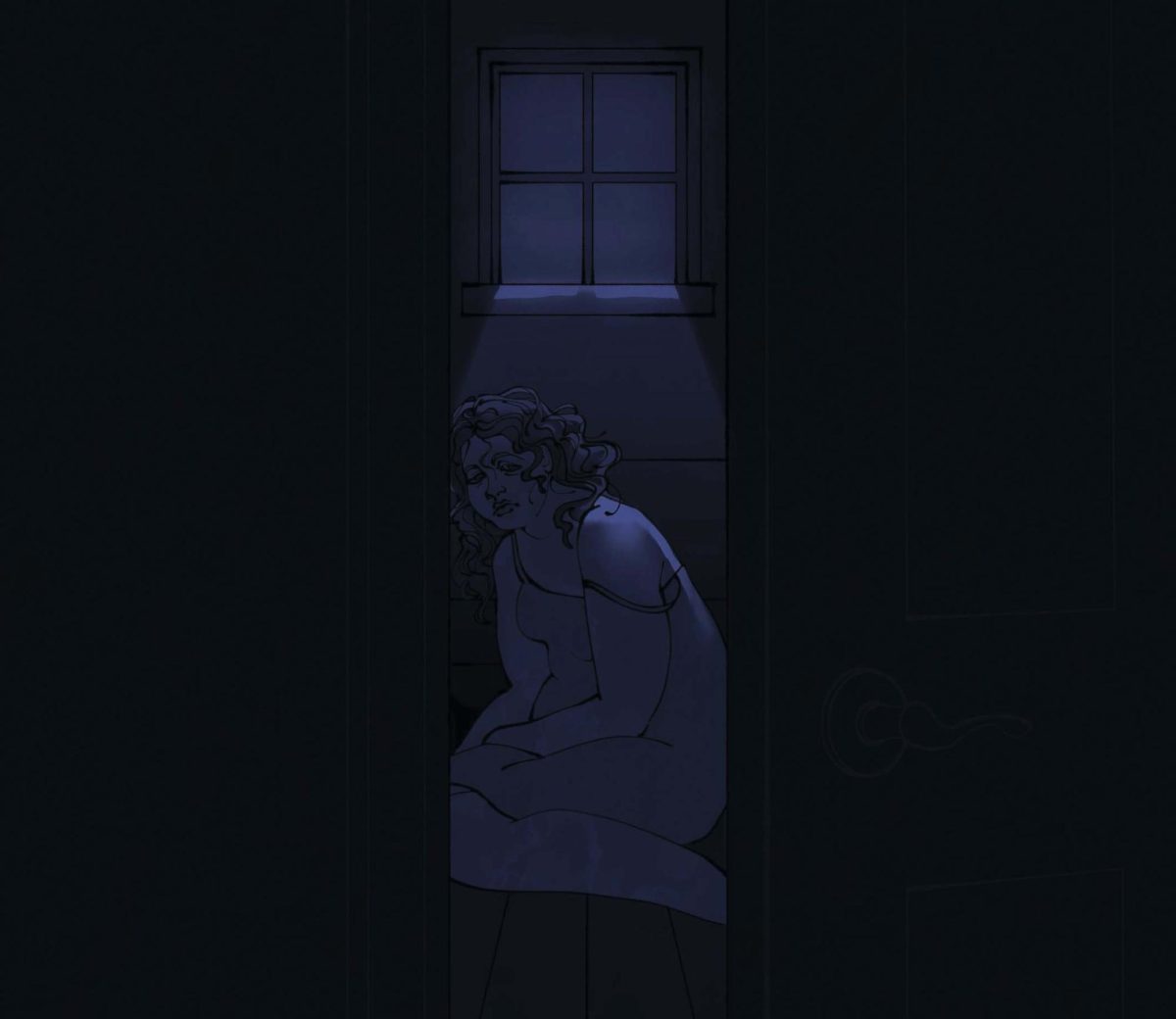Am I gaining or losing aura? How’s your mewing streak? These are just two examples of the many “brain rot” phrases out there. Brain rot, which was Oxford Dictionary’s 2024 Word of the Year, is having its moment as it explodes into the lexicon of content creators and social media users world-wide. A quick Google search defines brain rot as: “the supposed deterioration of a person’s mental or intellectual state.” Brain rot has been rising in popularity over the last couple years, especially within the younger generations. In a sense, brain rot has always been around, but never to the extent it is at currently. So a few questions arise: How does it affect our generation? Are our brains slowly rotting away from the overplayed videos? Has it gone too far? Well, mama, an opinion behind you.
While I’ve had my fair share of daily doom scrolls, I do believe brain rot has crossed a dangerous line, especially when it comes to communication skills. The large amount of Gen Z terminology has left many of us unable to hold a conversation without the use of brain rot terms or slang. With the immense amount of platforms, videos and posts, brain rot language has integrated its way into our vocabulary.
Junior Tobias Pfeifer’s thoughts on brain rot don’t differ. To him, brain rot takes away from our generation’s mental capacity.
“It doesn’t sound very intellectual. It’s almost like derailing human intelligence, like we’re de-evolutionizing,” Pfeifer said. “Instead of normal English, it feels like brain rot’s becoming a substitute or a sugar coating to what real words actually are.”
Not only does it sound unintellegent, but it could be a major setback in the future, particularly in the workplace.
“Brain rot cannot really be accepted in any professional setting, especially at work, I feel like it could get people off task,” Pfeifer said. “It can confuse a lot of people.”
Many of the platforms that contribute to brain rot are social media applications, such as Instagram, Tiktok and Youtube. Videos such as “The Costo Guys” or “Skibidi Toilet” go viral, and are turned into widespread memes. In many cases, new words are formed and regularly used in exchanges.
I, personally, have fallen victim to the addictive grasp of brain rot, using words such as “rizz” or “sigma” in every other sentence, or phrases such as “I’m so cooked.” It wasn’t until I was having a conversation with my mom, dropping “skibidi” every other word, that I realized how brain rotted I was, as she stared blankly before asking me what it meant. How do you explain that a head sticking out of a toilet is part of your daily vocabulary?
As fun as it is to exclaim meaningless words, such as “Erm what the sigma” when we’re confused, or saying “chat” when no one’s around, brain rot is seriously deteriorating our mental capacity and intellect.
So while we can’t exactly get rid of brain rot overall, we can take personal measures to try and detoxify from it, which is exactly what Pfeifer has been doing.
“I’m trying to you know, not to say ‘skibidi’ too much, not call everything ‘sigma,’ staying off social media is probably pretty prominent, you know, screen time going down,” Pfeifer said. “Focusing on school instead of doom-scrolling [as well].”
Although brain rot isn’t the worst thing in the world, it should be something of concern for our generation, as well as the generation below us. Taking measures to combat it could make all the difference, whether it’s setting time limits on social media or scrolling past anything deemed as brain rot. Our generation seems so disconnected from reality, as if we’re living in our own little brain rotted world. The smallest actions could potentially help us reconnect, and cleanse our brains slowly.
Maybe brain rot won’t ever go away, and maybe it’ll get worse before it gets better. With all that said, it’s hard to tell how far the internet can really go, if brain rot could ever really disappear. So anyways, what level gyatt do you have?

